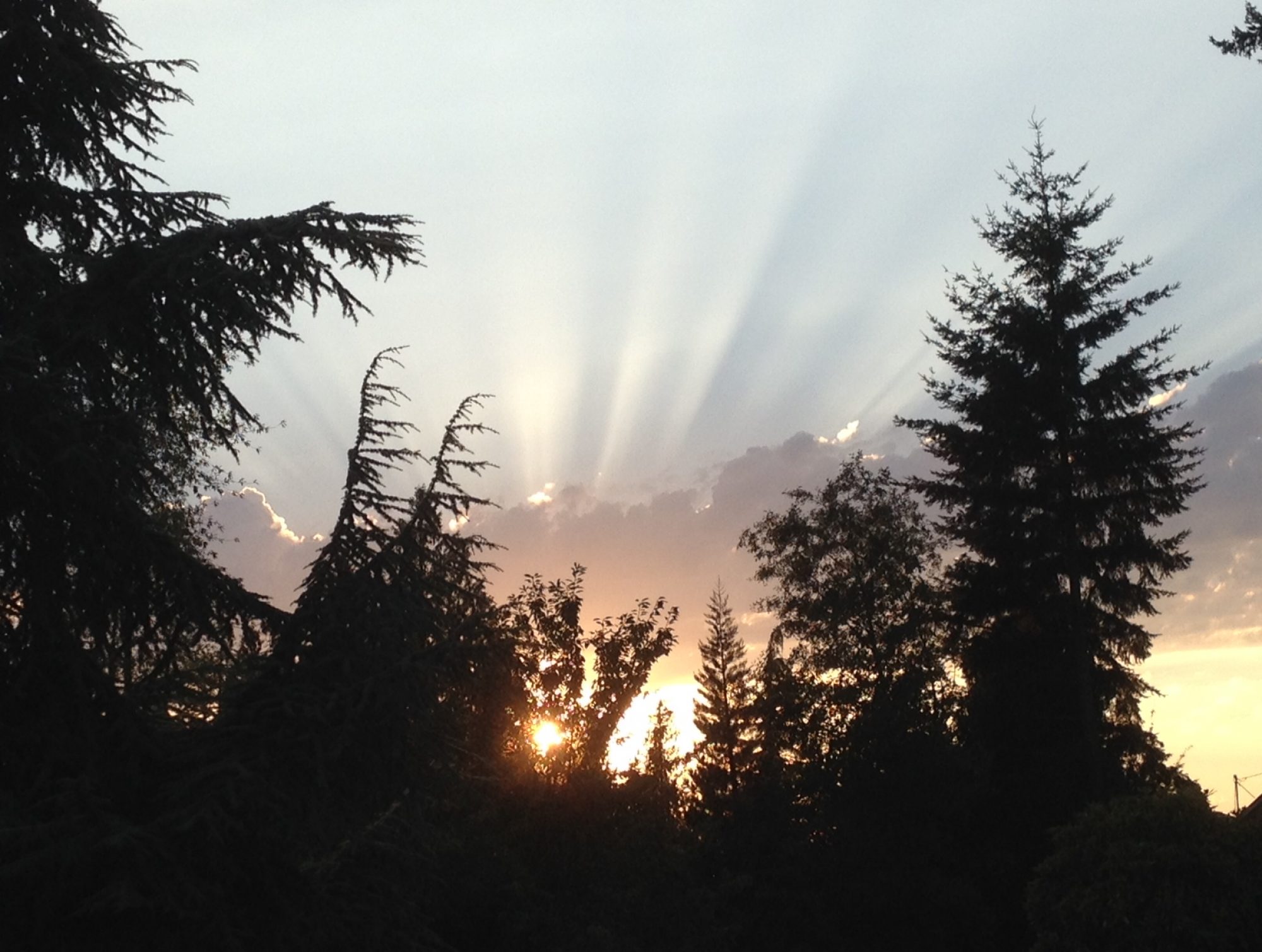Back in the early 90’s, I was visiting a well-known restaurant outside of Seattle. I thought I could help them if they had Japanese visitors, and also I could bring some guests from Japan to them. I talked to someone at their office, told my idea and offered, “Here is my business card.” She said, “Don’t give it to me, I’ll lose it.” I remember I was rather shocked and even somewhat offended, thinking “This never happens in Japan.”
Another thing that’s surprising to me over the years is, when I meet someone new in a business setting and ask for his business card, it’s not unusual that he says, “Let me see if I have any,” and finding no cards in his wallet. Basically business people here carry so few business cards to begin with. Or, even worse, when I go to a business networking event and meet someone who has his or her own business and does not have their business cards. That does not make sense to me. Also, I have met some Americans who gave me their card almost like throwing it at me, or who gave me an old wrinkled card or even something written on it. Japanese business people typically carry a separate fancy case for business cards, not just sticking a few in their wallet. Each card is pristine; giving less than a perfect business card is unthinkable in Japan.
Japanese people apparently have a different attitude towards business cards. When I meet someone from Japan, offer my business card and they happen to run out of their ‘meishi’, my new friend always apologizes as if it’s rude. Americans who do business with Japanese people or who study Japanese language and culture often demonstrate to me the “ritual” of exchanging business cards: you are supposed to use both hands, making sure it faces the right direction to the receiver, then bow and say, “Yoroshiku onegaishimasu.” Yes, that’s how to do it, but the point is not so much you need to do the ritual. What’s important is understanding of what’s behind the ritual; a business card to the Japanese person is not just a little piece of paper with contact info or and an advertisement tool. Giving you their business card is, in some ways, presenting a piece of themselves.
It’s been discussed millions of times that Americans are highly individualistic and Japanese are much more group-oriented. I’m not sure if people really appreciate what it means. The importance of business cards in Japan derives from the fact that who you are is commonly in large part defined by what organization you belong to and what position you are filling in its hierarchy (title in the organization). This information is vital to how people relate to each other and which form of language (polite or casual) you are supposed to use. Being part of a group comes first; expressing individuality can be frowned upon or even oppressed. The benefit of the “groupism” is the sense of belonging, being part of a community, and the support and safety net it provides.
The Japanese do appreciate unique and strong individuals as well, especially artists and creative people. I think it would be a good idea for a Japanese person to be more in touch with his/her individual gift and uniqueness. Criticism of excessive American individualism and me-me-me egocentrism is nothing new, but I must admit I often feel many Americans tend to act me-first and undermine community. Valuing business cards per se does not create a genuine sense of belonging, but understanding and appreciating other ways people in different cultures perceive things hopefully will lead us toward being in a larger whole—global community.




